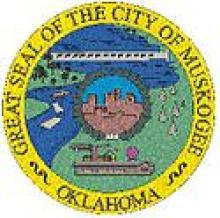SpringNet Continues Driving Jobs and Revenue for Local Community
A year has passed since we covered SpringNet in Springfield, Missouri, and its remarkable impact on local businesses and economic development. We recently spoke with SpringNet Director, Todd Murren, and Network Architecture Manager, Todd Christell, to get an update on how the network is progressing.
Demand for SpringNet’s high-speed data services continues to grow steadily. Financial statements for City Utilities of Springfield show the network generated $16.4-million in operating revenue last year against costs of $13.2-million. Better yet, revenues have increased around 3% per year while cost increases are closer to 0.5%. The end result is close to $3 million in annual net income for SpringNet. And all of this comes from a network that only serves commercial and public sector clients because Missouri state law restricts municipal network provision to only “Internet service,” meaning SpringNet cannot offer triple-play packages to compete with incumbent providers.
One of the highlights of SpringNet’s economic development success has been the attraction and retention of travel giant Expedia. After a large national provider failed to deliver on negotiations with the company, SpringNet stepped in to make sure Expedia brought its call center to Springfield. That effort has paid off handsomely for SpringNet and the local community. Expedia now employs close to 900 in the area after announcing in July that it was hiring another 100 employees in Springfield.
Up next for SpringNet is an effort to leverage its fiber infrastructure to create even more jobs. Believing that future job growth will revolve around the advancements enabled by gigabit networks, SpringNet is working with the Mid-America Technology Alliance (MATA) to host a hackathon with partners in Kansas City to explore what is possible between gigabit cities.



